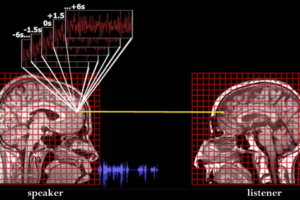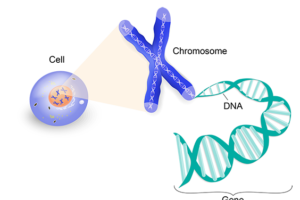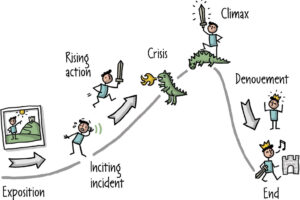Human intelligence has been hotly debated for centuries. Why are some people smarter than others? Are some people born with perceived superior intelligence? Initially, intelligence was believed to be controlled by genetics and unchangeable throughout one’s life, hence the name “fixed intelligence”. However, more recent research has brought to light a new concept: malleable intelligence. Malleable intelligence suggests that our intelligence is not fixed and can grow over time with effort and the right training. The main differences between the two intelligence ideas are the mindset, the work associated, and the resulting impact each one has on its followers. A deeper look at each intelligence theory will reveal these differences.
The idea of fixed intelligence states that intelligence is an unchangeable trait that is determined at birth. People that are born smart stay smart, and people that are not born smart cannot become smart. Historically, this viewpoint has led to the harmful labeling of some people as “geniuses” and other people as “not smart”. These labels can have an incredible effect on self-esteem and how one perceives their self-worth. People who follow this idea often have a “fixed mindset”, meaning they believe that no matter how hard they work, the results they achieve will not change.
In contrast, the idea of malleable intelligence suggests that intelligence can be developed and improved through effort and various strategies. This perspective, that falls into a “growth mindset”, acknowledges that intelligence is not a trait that is predetermined and that individuals can hone their cognitive abilities over time.
There are many studies that have been conducted that prove the effectiveness of a growth mindset. Carol Dweck, a prominent psychologist, emphasizes the importance of cultivating a growth mindset, which involves believing that abilities can be developed through dedication and perseverance. A growth mindset allows people that initially hit challenges to persevere to reach success. Another study conducted by Blackwell’s team in 2007 further highlighted the benefits of a growth mindset. The researchers found that students who were taught that intelligence is malleable showed a much higher academic performance compared to those who received traditional fixed intelligence messages. The malleable intelligence group displayed increased motivation, engagement, and a willingness to seek out challenging tasks.
According to a study by UC Davis, the idea is like how muscles develop in a human body. The more you use certain muscles, the bigger and stronger they grow. Similarly, the sooner teachers and educators implement an educational philosophy called a mindset intervention for a struggling student, the better the chances of academic improvement.
In conclusion, emphasizing the potential for growth and development is key to long term success. Extensive research supports the idea that intelligence is not fixed and that individuals can improve their skills through hard work and effective strategies. By embracing a growth mindset, every individual can unlock their true potential and create a path for continuous personal growth and academic success.
Sources
- Blackwell (2007). “Implicit theories of intelligence predict achievement across an adolescent transition: a longitudinal study and an intervention” https://pubmed.ncbi.nlm.nih.gov/17328703/
- Dweck, C. S., & Leggett, E. L. (1988). A social-cognitive approach to motivation and personality. Psychological Review, 95(2), 256–273
- Nikos-Rose, Karen Michele. “Intelligence Is Malleable and Can Grow Stronger, Study Says.” University of California, 16 June 2022, https://www.universityofcalifornia.edu/news/intelligence-malleable-and-can-grow-stronger-study-says







Most Commented Posts